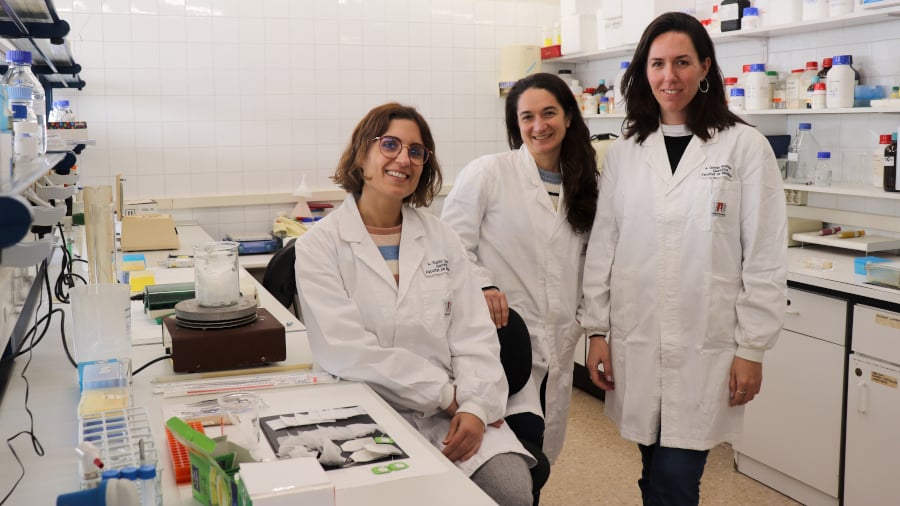Summary
A Universitat Autònoma de Barcelona study reveals that polymer-based tea bags release millions to billions of micro- and nanoplastics (MNPLs) into tea when brewed.
These particles, derived from materials like nylon-6 and polypropylene, can enter human intestinal cells, even reaching cell nuclei.
Using advanced techniques, researchers characterized the released particles and found mucus-producing intestinal cells absorbed them most readily.
The study highlights potential health risks from chronic exposure and calls for standardised testing and regulatory policies to address MNPL contamination in food packaging, a growing concern for food safety and public health.



Correct. Compostable tea bags are still paper or cloth and contain only a tiny staple that won’t decompose.
But not the pyramid shaped bags. They contain food-grade plastics. No compost pile for those.